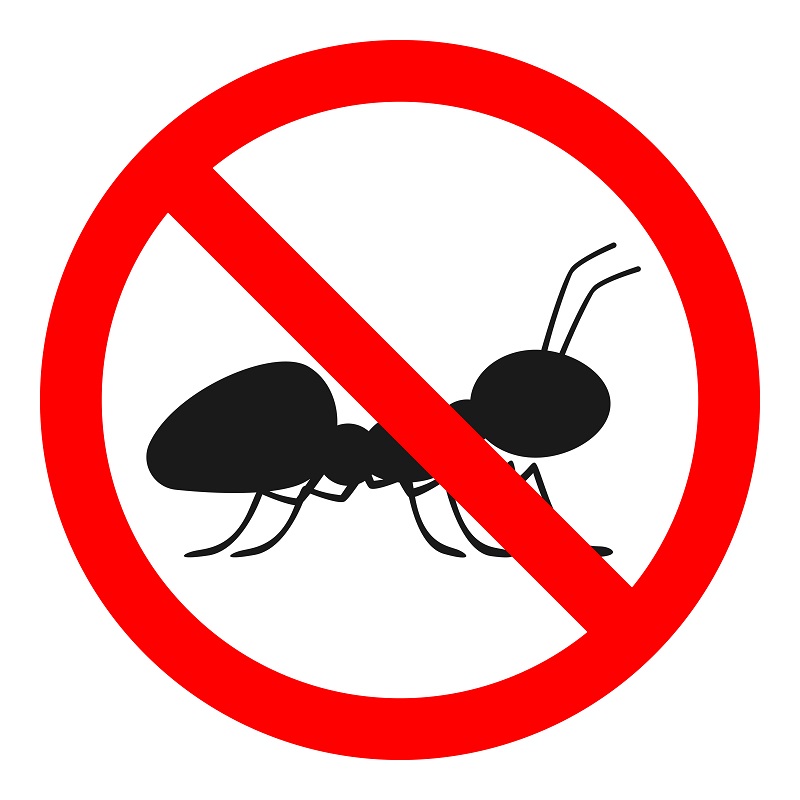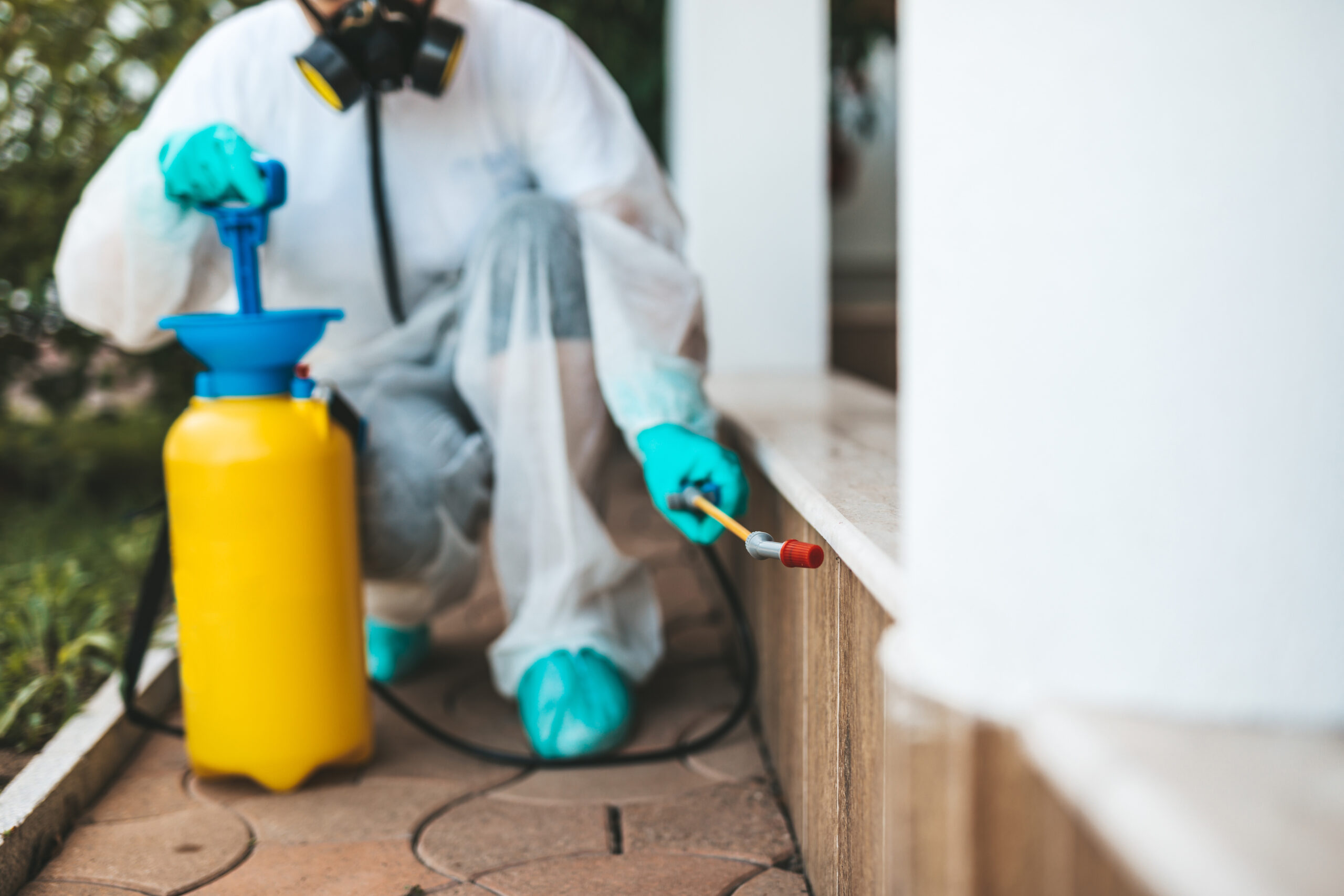Specialist Termite Control Services: Guard Your Home from Termite Damages
Specialist Termite Control Services: Guard Your Home from Termite Damages
Blog Article
Ecological Impact of Parasite Control: Balancing Effectiveness With Sustainability
The ecological impact of pest control is a critical problem that needs a delicate equilibrium in between accomplishing effectiveness in managing parasites and making sure sustainability of our communities. As we make every effort to safeguard our plants, homes, and health and wellness from the dangers posed by parasites, the methods we use can accidentally harm the environment. From using unsafe chemicals that leak right into our soil and water to the unexpected consequences on non-target types, the consequences of traditional pest control techniques are far-reaching. Nonetheless, there are arising approaches that supply hope for an extra lasting strategy to pest administration. These remedies not just goal to deal with the immediate pest problems but additionally consider the long-term wellness of our world.
Unsafe Chemicals in Pest Control
The use of harmful chemicals in pest control presents substantial environmental and health and wellness dangers that call for mindful factor to consider and mitigation methods. Pesticides, herbicides, and chemicals are commonly utilized to get rid of insects, however their widespread application can bring about unintended consequences. These chemicals can pollute soil, water sources, and the air, impacting not just the targeted pests but additionally valuable pests, wildlife, and human beings.

To deal with these threats, incorporated bug monitoring (IPM) techniques are being promoted as a much more sustainable alternative. IPM includes a mix of approaches such as biological control, environment manipulation, and the targeted use chemicals as a last hotel (ant control albemarle nc). By taking on an alternative approach to pest control, we can decrease the ecological and wellness influences associated with dangerous chemicals while effectively managing pest populations
Effect On Non-Target Species
Considering the unintentional consequences of insect control methods, the influence on non-target species is an essential element that requires detailed assessment. While parasite control measures aim to target details bugs, other organisms in the ecosystem may be accidentally affected. Non-target varieties, including beneficial pests, birds, mammals, and even plants, can experience straight or indirect damage from pesticide applications or biological control approaches.
Insecticides made to deal with a particular insect pest may hurt pollinators like or all-natural killers such as ladybugs. Organic control representatives, if not species-specific, can present risks to unintentional targets, disrupting the eco-friendly equilibrium.
To alleviate the effect on non-target types, incorporated parasite management (IPM) approaches that highlight an all natural method to pest control are advised. These techniques prioritize making use of eco pleasant practices, lessening damage to advantageous organisms while effectively handling pest populations. Conducting extensive danger assessments and checking the end results of parasite control efforts are important actions in securing non-target species and promoting general community health and wellness.
Dirt and Water Contamination
Unintended ecological effects of pest control methods extend past affecting non-target varieties, with considerable implications for soil and water contamination - termite control services. Chemicals, herbicides, and chemical fertilizers made use of in insect control can leach into the soil and contaminate groundwater, posing a threat to both terrestrial and marine communities.
Water contamination is another essential issue connected with insect control methods. To alleviate soil and water contamination from bug control tasks, integrated bug monitoring strategies that prioritize sustainability and lessen chemical inputs are vital.
Air Air Pollution From Pesticide Usage
Exposure to airborne chemicals during farming applications postures a considerable issue for air contamination control actions. When pesticides are splashed onto crops, they can volatilize into the air and form unpredictable natural substances (VOCs) and other airborne contaminants. These chemicals can add to the development of ground-level ozone, a major component of smog that can have damaging effects on human health and wellness, crop productivity, and overall air top quality. In addition, chemical drift, where pesticides are lugged by the wind to unintended areas, can lead to the contamination of nearby communities and water bodies.

Approaches for Lasting Insect Control
In the world of agricultural practices, implementing lasting pest control techniques is extremely important for maintaining ecological balance and protecting crop returns. Sustainable parasite control stresses making use of eco pleasant techniques to take care of bug populations successfully while decreasing injury to non-target organisms and ecosystems. Integrated Parasite Management (IPM) is an extensively adopted method that combines organic, cultural, physical, and chemical control approaches to achieve lasting parasite monitoring solutions.
Crop turning and diversification are likewise effective methods to interfere with pest life cycles and develop much less desirable problems for bugs to grow. Eventually, by integrating these sustainable parasite control methods, farmers can accomplish a balance in between pest monitoring performance and ecological stewardship.
Final Thought
Finally, the ecological impact of bug control approaches have to be meticulously thought about to balance performance with sustainability. Hazardous chemicals made use of in insect control can lead to soil and water contamination, air pollution, and harm non-target types - ant control. It is essential to carry out sustainable read this post here insect control strategies to reduce these adverse impacts on the environment and advertise a healthier ecosystem for future generations
By taking on an all natural technique to pest control, we can minimize the ecological and wellness impacts associated with hazardous chemicals while successfully taking care of pest populations.

To mitigate the air contamination triggered by pesticide usage, it is essential to embrace integrated parasite administration methods that focus on the usage of non-chemical bug control methods, such as crop rotation, natural killers, and immune plant selections. Lasting parasite control highlights the use of ecologically pleasant methods to take care of pest populations properly while lessening injury to non-target organisms and ecosystems. Integrated Bug Administration (IPM) is a widely embraced approach that combines organic, cultural, physical, and chemical control methods to accomplish long-lasting insect monitoring services.
Report this page